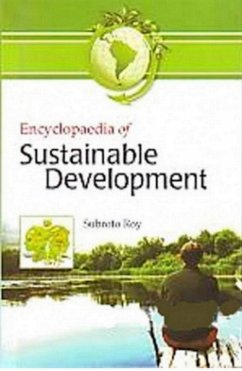The United Nations 2005 World Summit Outcome Document refers to the "interdependent and mutually reinforcing pillars" of sustainable development as economic development, social development, and environmental protection. Indigenous peoples have argued, through various international forums such as the United Nations Permanent Forum on Indigenous Issues and the Convention on Biological Diversity, that there are four pillars of sustainable development, the fourth being cultural. The Universal Declaration on Cultural Diversity (UNESCO, 2001) further elaborates the concept by stating that "...cultural diversity is as necessary for humankind as biodiversity is for nature"; it becomes "one of the roots of development understood not simply in terms of economic growth, but also as a means to achieve a more satisfactory intellectual, emotional, moral and spiritual existence". In this vision, cultural diversity is the fourth policy area of sustainable development. Economic Sustainability: Agenda 21 clearly identified information, integration, and participation as key building blocks to help countries achieve development that recognises these interdependent pillars. It emphasises that in sustainable development everyone is a user and provider of information. It stresses the need to change from old sectorcentred ways of doing business to new approaches that involve crosssectoral coordination and the integration of environmental and social concerns into all development processes. Furthermore, Agenda 21 emphasises that broad public participation in decision making is a fundamental prerequisite for achieving sustainable development. This book provides deep insight to various dimensions of issues relating to the subject.
Dieser Download kann aus rechtlichen Gründen nur mit Rechnungsadresse in A, B, BG, CY, CZ, D, DK, EW, E, FIN, F, GR, HR, H, IRL, I, LT, L, LR, M, NL, PL, P, R, S, SLO, SK ausgeliefert werden.


